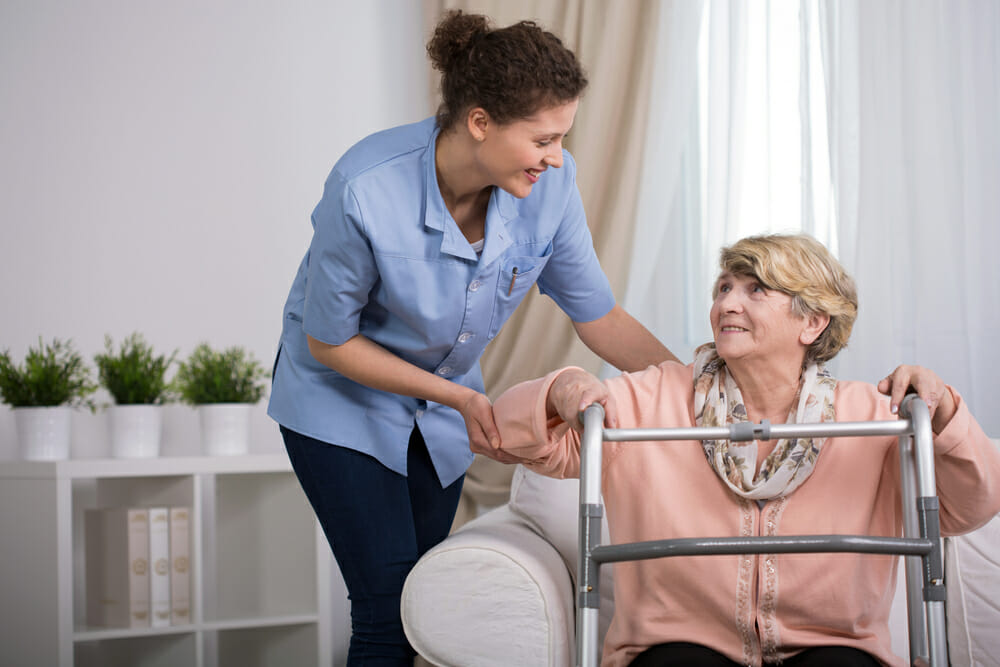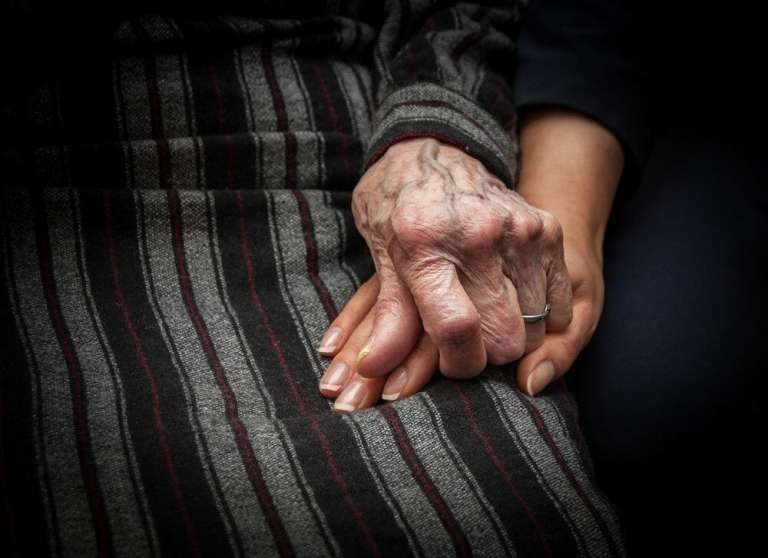Disability charities that failed to pay carers the minimum wage for sleep-in-shifts, face a bill estimated by Mencap of up to £400m for carers’ back pay.
According to Mencap, sleep-ins are often used in the learning disability sector to provide care for vulnerable adults, and until recently workers were paid a flat-rate, “on-call” allowance, as opposed to the national minimum wage.
The Voluntary Organisations Disability Group, who represent charities that provide services to disabled people, say the flat rate is on average £35 to £45. Workers receive either the national minimum wage or the national living wage for the hours they spend providing care.
However, following two employment tribunal decisions from 2016, the Department for Business, Energy and Industrial Strategy, has changed its guidance so the national minimum wage applies to all sleep-in carers.
As a result of this, HM Revenue & Customs has requested disability charities to give six years of back pay to all staff affected – totalling £400m.
Former health spokesman for the Liberal Democrat party and MP for North Norfolk, Norman Lamb, is calling for the government to assist charities in meeting this cost. He says he “supports the payment of the minimum wage for overnight shifts and the payment of back pay due, but recognises serious concerns about the ability of providers such as Mencap to pay up to six years’ back pay to staff”.
However, it’s not only charities that will face claims for back payments. Many of those who self-fund their care using their compensation payments from a claim, may find themselves in a difficult financial situation.
Richard Starkie, a partner with medical negligence specialists, Pryers Solicitors, said: “Compensation payments for care needs are calculated in minute detail, and assessed by the courts, or negotiated and settled, on the assumption that sleeping care will not have to be paid at the minimum wage. This could result in some very seriously injured and disabled people having to use large parts of their compensation to meet this unexpected cost, leaving them without the ability to pay for the care they will need in the future.”





